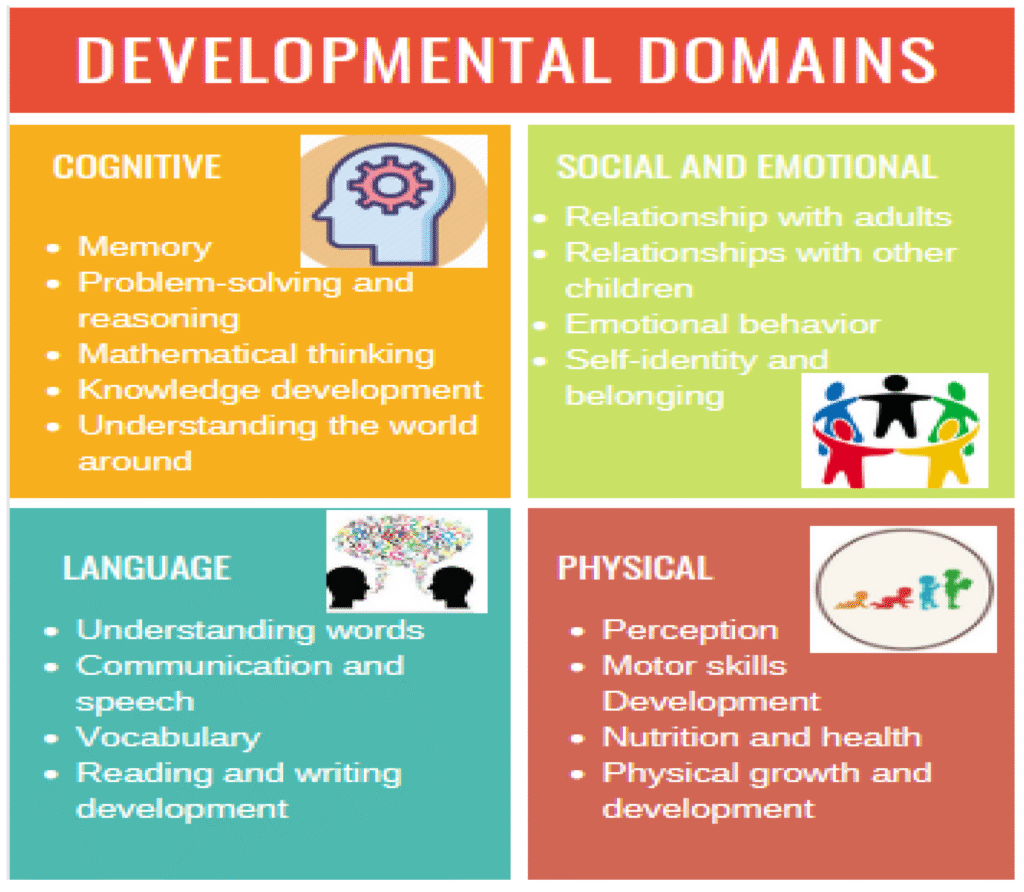Understanding the Impact of Screen Time on Children’s Brains
As parents navigate the complexities of technology, questions arise regarding the effects of screen time on children’s cognitive development. Recently, a common scenario played out in many households: a parent hands their child a tablet to keep them occupied, only to feel a twinge of guilt and anxiety about the exposure to screens. This situation prompts a more in-depth examination of what screen time really does to young minds.
A Parent’s Dilemma
In many families, the reliance on tablets and smartphones has become a daily norm. Stories abound of children reacting passionately when screen time is cut short, leading to questions about desire, dependency, and potential consequences for mental well-being. With notable figures like Steve Jobs and Bill Gates restricting their children’s tech access, concerns about screen use resonate widely among parents.
The Concerns Associated with Screen Time
Screen time has been frequently linked to negative outcomes in children, including increased rates of depression, behavioral issues, and sleep disturbances. In fact, neuroscientist Baroness Susan Greenfield has gone so far as to warn that excessive internet use and gaming could be detrimental to the adolescent brain, likening it to the early warnings of climate change—a concern that went largely unacknowledged until it was too late.
However, a critical look at these assertions reveals a more nuanced picture. An editorial in the British Medical Journal has challenged claims by some researchers regarding the negative impacts of screen time, arguing that such conclusions often lack a thorough scientific foundation.
Shifting Perspectives on Screen Time
Professor Pete Etchells, a psychologist at Bath Spa University, argues that the evidence linking screen time to mental health concerns may not be as compelling as once thought. In his book Unlocked: The Real Science of Screen Time, he cites numerous studies that do not firmly establish the notion that screen time is uniformly harmful. Rather, he emphasizes that the scientific discourse surrounding screen time is often based on self-reported data that may be unreliable.
Research from the American Psychology Association corroborates this perspective, finding minimal connection between screen usage and mental health challenges among youth. A 2024 review further revealed no definitive evidence that blue light emitted from screens significantly impaired sleep.
Complexities of Screen Time
Much of the debate about screen time hinges on how children are using these technologies. Are they engaging in enriching activities or crossing into the realm of doomscrolling and isolation? The context and quality of screen time can heavily influence its effects on mental health.
For example, a significant study examining 11,500 brain scans from children aged 9 to 12 indicated that, while screen time may alter brain connectivity patterns, it did not correlate with negative outcomes for mental well-being or cognitive function. This suggests that screens, when used appropriately, may not pose the risks that many perceive.
The Argument for Regulation
While significant challenges of online technology exist — including exposure to harmful content and cyberbullying — experts like Prof. Przybylski emphasize the importance of understanding these nuances rather than simply advocating for blanket bans on devices for children. He cautions that stringent regulations might inadvertently turn such technologies into ‘forbidden fruit.’
Contrastingly, campaign groups such as Smartphone Free Childhood advocate for a prohibition on smartphones for children under 14, asserting that limiting tech access can prevent potential developmental issues.
Conclusion
The prevailing guidance on screen time remains inconsistent, with organizations differing on recommendations for limits. As parents grapple with these issues, it is crucial to examine both sides of the screen time debate. In doing so, it becomes clear that while caution is warranted, outright panic may not be justified. Good quality engagement with technology, under monitored and balanced circumstances, might yield more positive results than previously acknowledged.
Current Screen Time Recommendations
| Age Group | Recommended Screen Time |
|---|---|
| Under 1 | None |
| Ages 1-4 | Up to 1 hour per day |
| Ages 5-14 | Varies, depending on individual circumstances |


